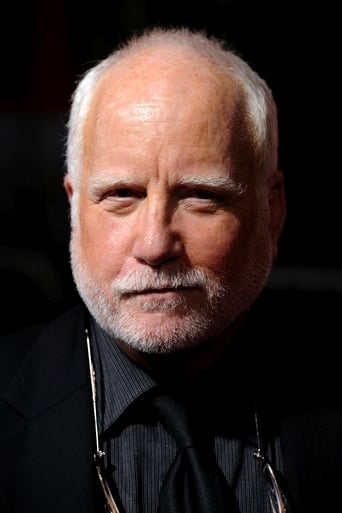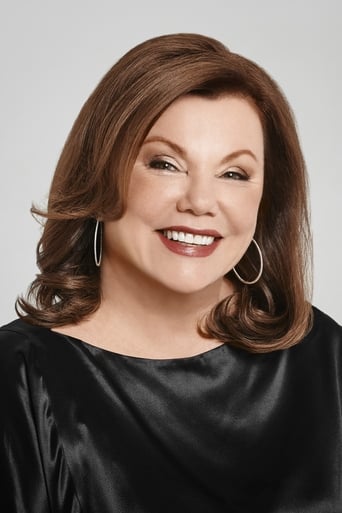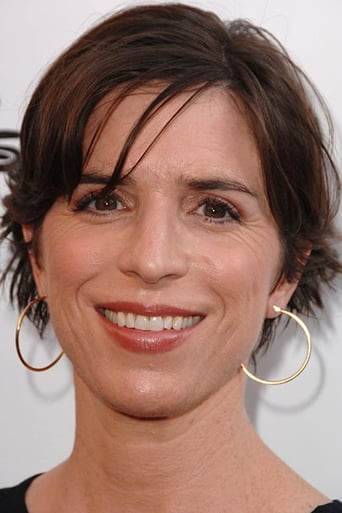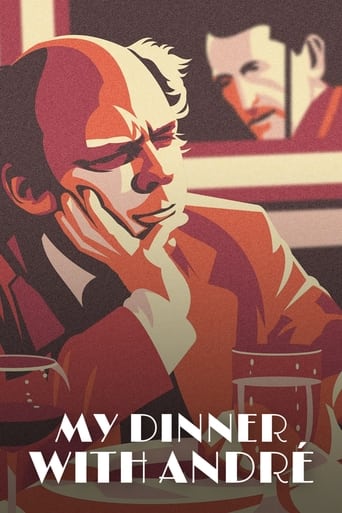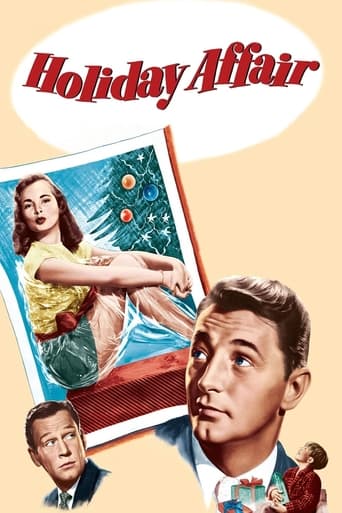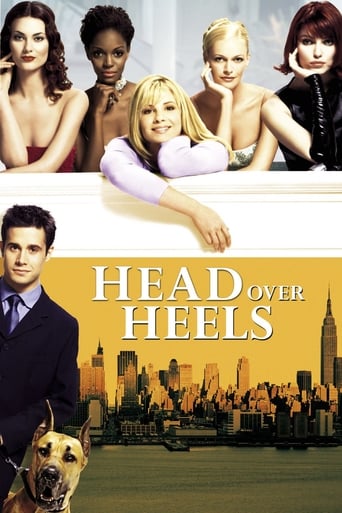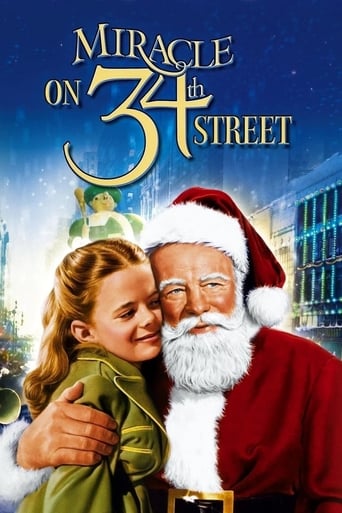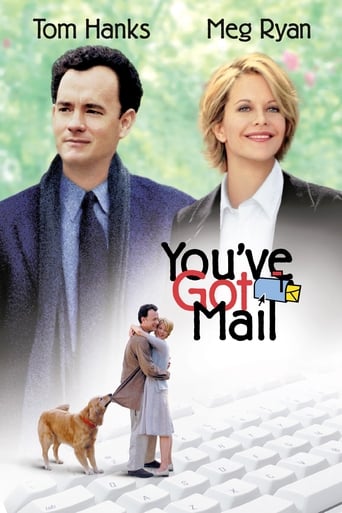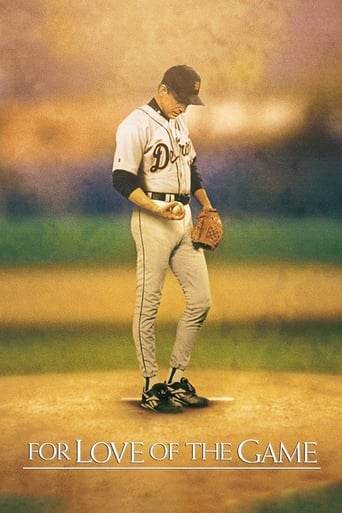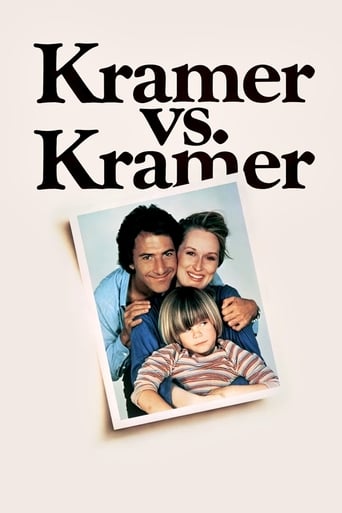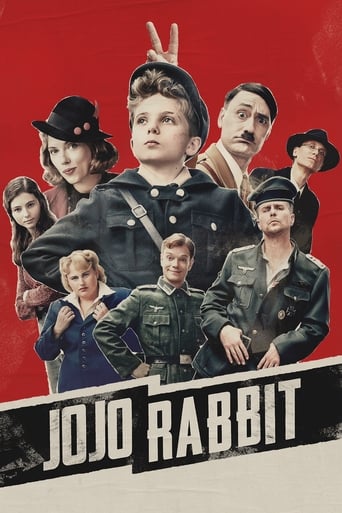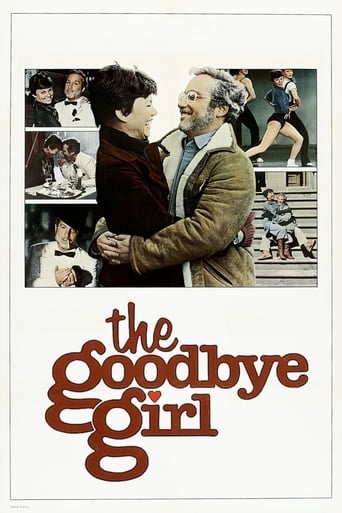
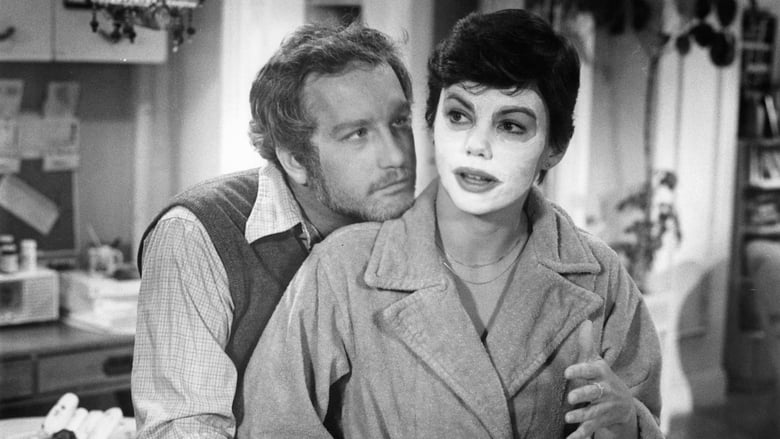
The Goodbye Girl (1977)
After being dumped by her live-in boyfriend, an unemployed dancer and her 10-year-old daughter are reluctantly forced to live with a struggling off-Broadway actor.
Watch Trailer
Cast
Similar titles

Reviews
Such a frustrating disappointment
A waste of 90 minutes of my life
It's funny, it's tense, it features two great performances from two actors and the director expertly creates a web of odd tension where you actually don't know what is happening for the majority of the run time.
An old-fashioned movie made with new-fashioned finesse.
Back when the movies focused on real looking people in amusing situations and didn't focus on loud special effects or the supernatural, writers could get the audiences in and win awards for classy projects like this. You can't get any more real than Richard Dreyfuss and Marsha Mason, so real looking that you might confuse them for your neighbor, your college professor or your boss. Both actors, trained for the stage, feel right at home in the world of Neil Simon, particularly Mason who was married at the time.With her lover abandoning her and subleasing the apartment out from under her, Mason finds herself in a bind when Dreyfuss shows up in the middle of the night with a receipt and a legal right to move in and kick her out. In spite of her attitude towards him (or because of her young daughter, Quinn Cummings), he allows her to stay. The two are already quirky enough, and together, they turn each others worlds upside down. With his career as a dramatic actor and her struggle as a 30 something year old chorus girl, they are two worlds of theater that don't always understand the other. "Ask an actor a question, he gives you his credits." She's done everything from "Fiddler" to "Company", and he refuses to play a gay, de-humped Richard III. Simon pays tribute to his first love, the theater, and having written the scripts for both books and musicals, and he covers pretty much every archetype within the theater that could possibly be covered. While Quinn Cummings quickly made her exit from "the business", she makes quite an impression as Mason's very worldly daughter who is often more adult than the two adults surrounding her. But it is thanks to her, the adults come to an understanding, especially after she is mugged. But the conflicts continue, realistically, and they are realistically neurotic as opposed to pretentiously neurotic and demanding of attention. They show the New York I remember from just 20 years ago when people could have conflicts like this yet be able to come to an understanding.So between the writing and the three brilliant performances (not to mention vintage New York footage and a great theme song), this is a comedy for the ages. The musical version of this may have tanked, but surrounded by an ensemble of New York stage character actors, this remains a winner. This has the wild spoof of the gay version of "Richard III" (with Paul Benedict of "The Jeffersons" as its director) that is completely unforgettable. The viewing of this was not the winter of my discontent.
I can't help but channel another favorite film of mine, "Star Wars" as I compare the outrageous but more comported and more intelligent film of yesteryear to today's offerings. A film made for adults, about adults, acting like adults, with adult problems, and solving them like adults might, and did before the market reshift of the 80s and 90s to a pure teenage audience (or audience with teenage taste)."The Goodbye Girl" is the kind of film I like to see and watch. It's a more comported film about people behaving like mature adults, without succumbing to the urge to be a child with raging hormones. But the theatre of the 70s was a different animal than today's teenage market model.Neil Simon's play, translated to the screen, is full of wit and verve. It is funny without condescending to body functions, nor explicit sex for the sake of shock (which has lost its shock altogether). We're seeing the courting of a couple, both of whom are fighting to hold onto their dreams and stay in the world they know and love without succumbing to defeat.Challenges are made and met, mostly from the couple that fight, vie and come to a state of détente and acceptance. Both Dreyfus and Mason are high energy and outrageous without being stupid and insulting (again, unlike so many of today's contemporary films). Watching this film I'm reminded of the adults that used to pervade society on all levels. I can also feel, see, sense and smell the set of the small apartment in New York; the art direction and lighting design are that good. Throw in some very competent actors, and you got yourself one great photplay waiting to be shown. I used to hate and bemoan the 70s, but this film reminded me that those years weren't so bad. If I had a critique of the film, it's Simon's writing style. It's full of more wit than I think most people can readily absorb. He's almost too funny at times. It's the kind of thing that's both his trademark and his bane. Referencing a non-sexual double entente and political ongoings of the era were zestful. It was an age when information was more filtered, though prevalent, yet delivered at a wiser pace to allow for mental digestion. But Simon bucks the trend of the time by delivering wit fast and furious. It was, and still is, considered great art and genius. Though at times it can be silly.An actor and a former hoofer with a daughter? Can it work? Well, you probably know the answer to that one, but it's the journey that's the actual joy. An old fashioned film for an old fashioned time, when technology, though present, didn't pigeon hole personality types into discreet demographics. In short, this film is made for most everyone.Ah, and I haven't given one of these in a while, there are a couple of marginally racy scenes. After all, it is a PG film, and I would urge the parent or would be parent who's interested in watching this with their children, to pre-screen it first, and then decide.Again, overall an inviting film with some funny, witty and tender scenes. It's also marginally cliché in a Neil Simon kind of way, but it's what you expect, and you love the man for it.A decent watch.
The Goodbye Girl is a well-paced and bright romantic comedy from the 1970's which also reflects the lifestyle and social currents of that decade, sandwiched between 60's idealism and 80's materialism. This might sound glib but for me, it fits neatly in that period when young people were coping with disappointments and heartache as they tried to build lives for themselves. The script and the acting are funny, sad and entertaining throughout.The repartee between Marsha Mason and Richard Dreyfuss sparkles as the two people who are forced to accept each other as roommates, only because of economic necessity. One is a granola-eating guy from Chicago who meditates and exercises as he tries to make it in the New York theatre scene. The young woman is a single mother who has been abandoned by her common-law husband and tries to return to dancing. The music of Bread evokes the soft rock of the decade. We see Marsha Mason working as a sales girl for a Japanese car company in an era before Japanese cars were commonplace. Before gay rights became part of the social agenda, Richard Dreyfuss takes on the role of Richard II in a way that a 1970's audience felt was more like their home decorator or hairdresser. It all seems a bit dated and predictable; however, with the acting of Mason and Dreyfus and the brilliant script from Neil Simon, it still entertains and resonates with audiences.
Hold on tight, I am going on a bit of a rant. "The Goodbye Girl" was a very frustrating movie for me to watch. While it's clearly a very good film and I liked Richard Dreyfus' character very much, the writing irritated me as it seemed a bit irresponsible.My problem is with Marsha Mason's character. The film begins and her live-in has apparently dumped her--moving out and leaving a 'Dear Jane' letter (nice guy, huh?). You feel a bit sorry for her until you soon learn that this bum was STILL married and she knew it! And, she'd been married once before. Now it's obvious she's not good at making decisions involving guys. BUT, here's what really bothered me...she had a young daughter and seemed to have no problem with her kid seeing all this chaos. And, in a weird twist, the little girl sounds like the mother--dispensing wisdom and rolling with the punches. And, Mason often seemed to expect her kid to parent her--making her feel good about herself when bad things happen. Considering how wildly popular the film was, obviously most folks didn't feel the way I did. I just found her character difficult to like and the film could have been better had she had failed relationships BUT they were not caused by her own stupidity. Sleeping with a married man?! What man would want a lady like this? To me, this does NOT seem to be the makings for a romantic film! It's sad, really, as the rest of the film was excellent. Richard Dreyfus was exceptional and I could see why he got the Oscar--he was likable but flawed and quite charming. Mason, on the other hand, seemed like an emotional basket-case in need of saving--not a woman a reasonable man would want in his life. So, as a result of loving and hating the film, I was left VERY emotionally torn--frustrated and touched at the same time (which is a very strange feeling!). Well worth seeing but I can't help but wonder if folks watching the film internalized this weird message and perhaps thought Mason's parenting wasn't that bad and might have unconsciously emulated this. Kids need a lot more security in their lives than the one in this film got. It sure seemed like a case of child neglect in order for the mother to make herself feel good.
